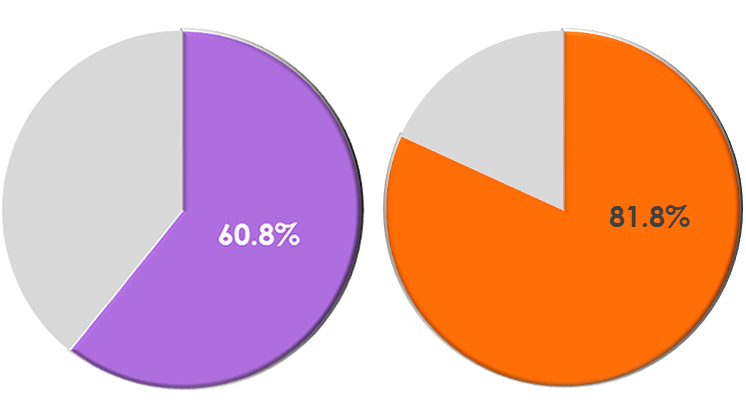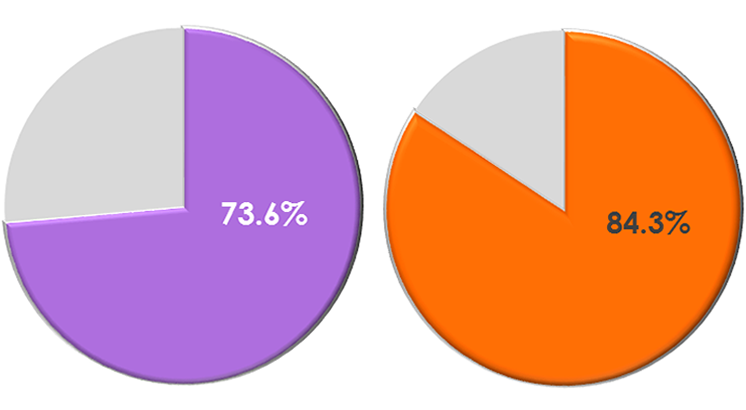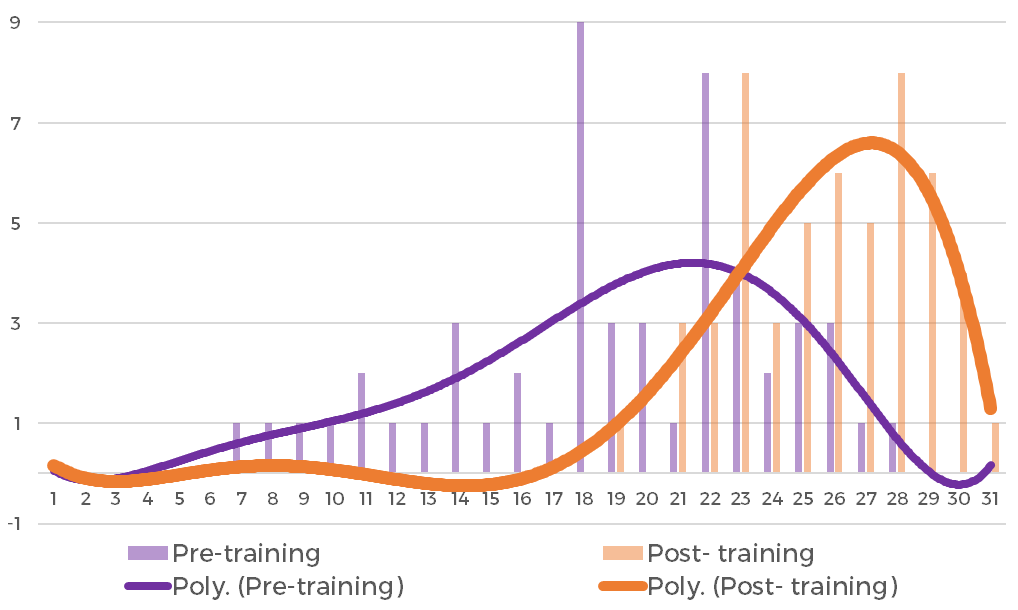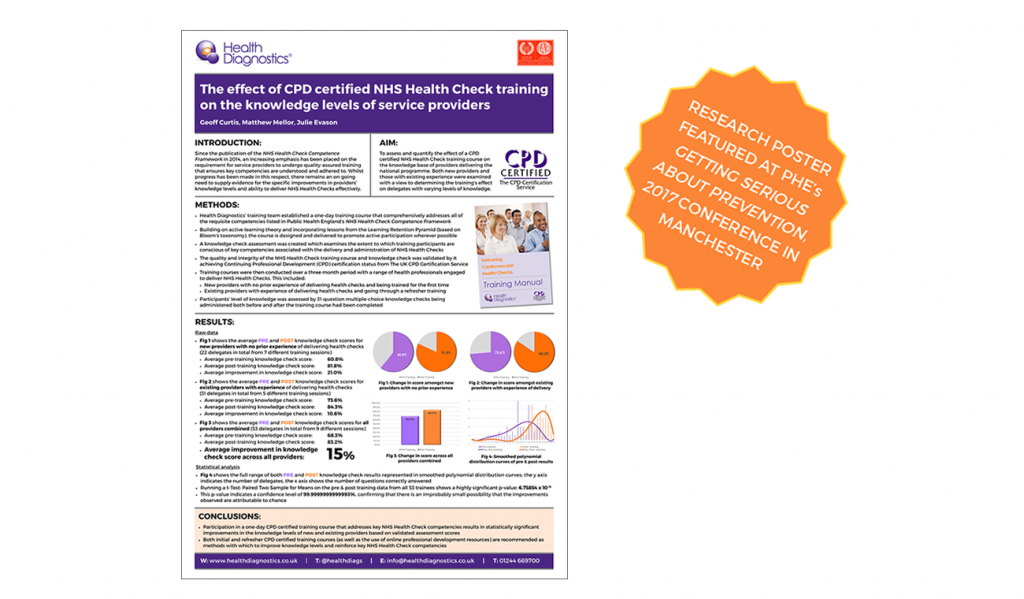The research detailed here has been selected as a featured poster presentation at Public Health England’s 2017 conference.
INTRODUCTION:
Since the publication of the NHS Health Check Competence Framework in 2014, an increasing emphasis has been placed on the requirement for service providers to undergo quality-assured training that ensures key competencies are understood and adhered to. Whilst progress has been made in this respect, there remains an on-going need to supply evidence for the specific improvements in providers’ knowledge levels and ability to deliver NHS Health Checks effectively.
AIM:
To assess and quantify the effect of a CPD certified NHS Health Check training course on the knowledge base of providers delivering the national programme. Both new providers and those with existing experience were examined with a view to determining the training’s effect on delegates with varying levels of knowledge.
METHODS:
- Health Diagnostics’ training team established a one-day training course that comprehensively addresses all of the requisite competencies listed in Public Health England’s NHS Health Check Competence Framework
- Building on active learning theory and incorporating lessons from the Learning Retention Pyramid (based on Bloom’s taxonomy), the course is designed and delivered to promote active participation wherever possible
- A knowledge check assessment was created which examines the extent to which training participants are conscious of key competencies associated with the delivery and administration of NHS Health Checks
- The quality and integrity of the NHS Health Check training course and knowledge check was validated by it achieving Continuing Professional Development (CPD) certification status from The UK CPD Certification Service
- Training courses were then conducted over a three month period with a range of health professionals engaged to deliver NHS Health Checks. This included:
- New providers with no prior experience of delivering health checks and being trained for the first time
- Existing providers with experience of delivering health checks and going through a refresher training
- Participants’ level of knowledge was assessed by 31-question multiple-choice knowledge checks being administered both before and after the training course had been completed
RESULTS:
Raw data
Fig 1 (below) shows the average PRE (purple) and POST (orange) knowledge check scores for new providers with no prior experience of delivering health checks (22 delegates in total from 7 different training sessions)
- Average pre-training knowledge check score: 60.8%
- Average post-training knowledge check score: 81.8%
- Average improvement in knowledge check score: 21.0%

Fig 2 (below) shows the average PRE (purple) and POST (orange) knowledge check scores for existing providers with experience of delivering health checks (31 delegates in total from 5 different training sessions)
- Average pre-training knowledge check score: 73.6%
- Average post-training knowledge check score: 84.3%
- Average improvement in knowledge check score: 10.6%

Fig 3 (below) shows the average PRE (purple) and POST (orange) knowledge check scores for all providers combined (53 delegates in total from 9 different sessions)
- Average pre-training knowledge check score: 68.3%
- Average post-training knowledge check score: 83.2%
- Average improvement in knowledge check score across all providers: 15%

Statistical analysis
- Fig 4 (below) shows the full range of both PRE (purple) and POST (orange) knowledge check results represented in smoothed polynomial distribution curves; the y axis indicates the number of delegates, the x axis shows the number of questions correctly answered
- Running a t-Test: Paired Two Sample for Means on the pre & post training data from all 53 trainees shows a highly significant p-value: 6.75854 x 10-15
- This p-value indicates a confidence level of 99.9999999999993% , confirming that there is an improbably small possibility that the improvements observed are attributable to chance

CONCLUSIONS:
- Participation in a one-day CPD certified training course that addresses key NHS Health Check competencies results in statistically significant improvements in the knowledge levels of new and existing providers based on validated assessment scores
- Both initial and refresher CPD certified training courses (as well as the use of online professional development resources) are recommended as methods with which to improve knowledge levels and reinforce key NHS Health Check competencies


